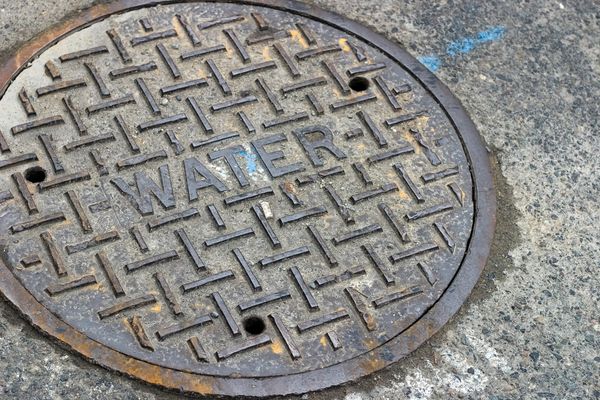
*You can always find past Michigan Climate News stories and subscribe to new ones on Bulletin, and you can keep up with us on Instagram, Facebook, and Twitter! Got an idea for a Michigan climate story? Pitch us here.*
SUBSCRIBE TO THIS NEWSLETTER HERE
On Friday, Nov. 5, the U.S. House of Representatives passed the bipartisan infrastructure framework (BIF), which President Joe Biden plans to sign. The $1.2 trillion legislation will send over $10 billion to Michigan for investments in roads, public transportation, and water infrastructure among other things.
Some have pointed out that the $47 billion in the bill for climate resilience is the nation’s largest investment in tackling climate change. But much of this money goes towards fixing past damage, not mitigating future problems. In contrast, the $555 billion set aside for fighting climate change in the $1.75 Build Back Better Act (BBB) focuses on preventing the worst of the climate crisis by investing in renewable energy and electric vehicles.
“It’s not enough to just do repair work. We need to prevent the worse scenarios,” said Sen. Sheldon Whitehouse, D-Rhode Island, a prominent supporter of climate action.
House progressives had hoped to pass both the infrastructure bill and BBB at the same time. But they met resistance from moderates who expressed concern about what this level of spending will mean for the federal budget. Moderates promised to support the second bill once the Congressional Budget Office (CBO) gives it a score showing how it will contribute to the national debt.
Rep. Rashida Tlaib, D-Detroit, was among a handful of progressives who voted against the infrastructure bill because BBB wasn’t tied to it. In a statement, Tlaib expressed unwillingness to give up leverage for passing the larger spending bill and fears that the BIF could endanger her district by excluding new projects from National Environmental Protection Act (NEPA) provisions.
“BIF also includes tens of billions in fossil fuel subsidies that will lead to more pollution in our communities – from projects that will increasingly be shielded from environmental review,” she said.
Still, the bipartisan infrastructure framework will make money available for some important environmental projects, including $1 billion for the Great Lakes Restoration Initiative, a federal program that invests in cleaning up toxic sediments, installing green infrastructure, and fighting invasive species. It also contains $1.3 billion expected to go into Michigan water infrastructure, which could help the state remove many of its lead service lines and shore up its capacity to deal with major storms.
The bill also sets aside $10 billion for dealing with PFAS contamination across the country. PFAS, the infamous “forever chemical” has been found to contaminate more than 180 sites in Michigan. And for those dealing with high lake levels and coastal erosion, the BIF includes a $500 million loan fund to help these communities.
As for the Build Back Better Act, its fate depends on the CBO score and the Democrats’ ability to secure votes from nearly all of their members in the House and every Democrat Senator, since it’s unlikely to garner any Republican support. Since the bill would be passed using budget reconciliation, it will also need the approval of the Senate parliamentarian.
If passed, the bill would set aside money to clean up Superfund sites, electrify transit systems and create clean energy jobs in low-income communities. When combined with executive orders, the Build Back Better Act could cut U.S. emissions in half by 2030 compared to 2005 levels. Michigan would also benefit from $300 million more to fund lead service line replacements. And the bill’s $12,500 rebates for electric vehicles–including $4,500 for cars built by union workers–could be a boon for Michigan automakers.
U.S. Rep. Debbie Dingell, D-Dearborn, expressed confidence that the BIF bill would pass. “It’s come down in how much it’s going to cost – it’s all paid for – this country needs it, and I believe it will pass next week,” she said.
SUBSCRIBE TO THIS NEWSLETTER HERE
What questions do you have about the environment and climate change in Michigan? Please let us know by reaching out to me at nina@planetdetroit.org. NOTE: Please don’t reply to this email, it will go into a digital netherworld, never to be seen again. We hope that changes soon!
